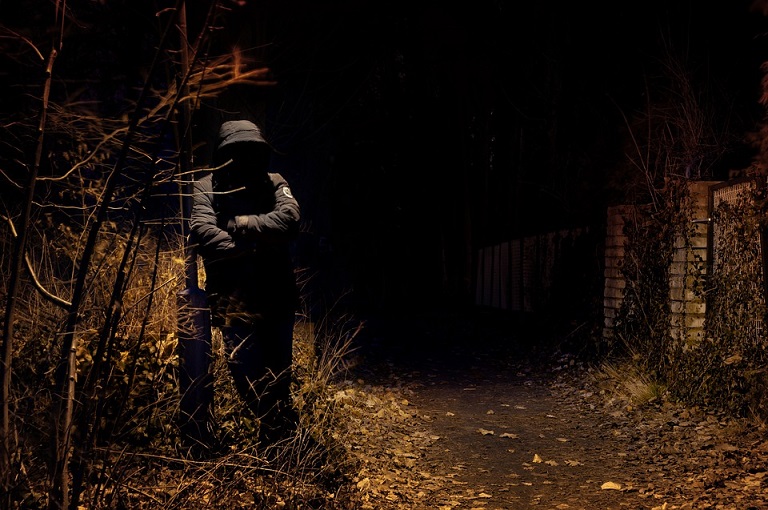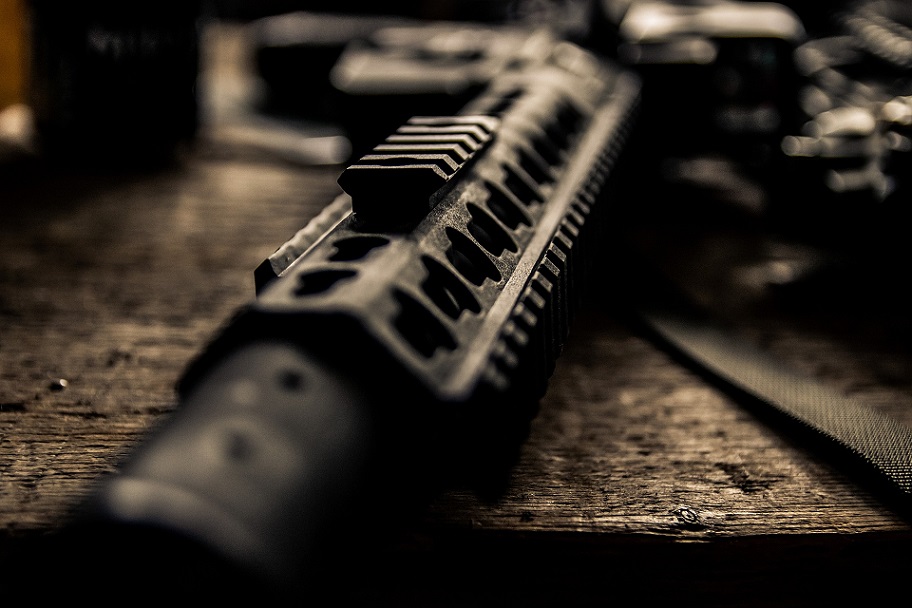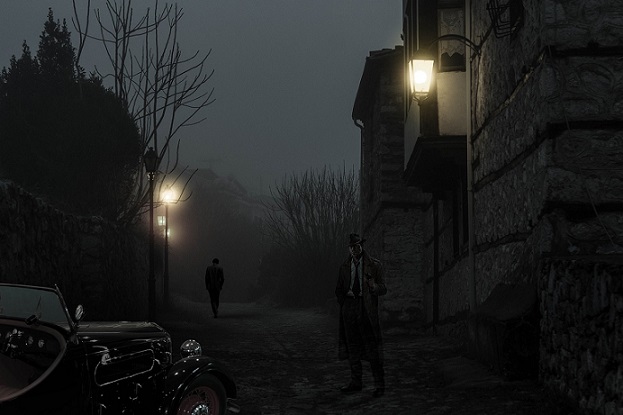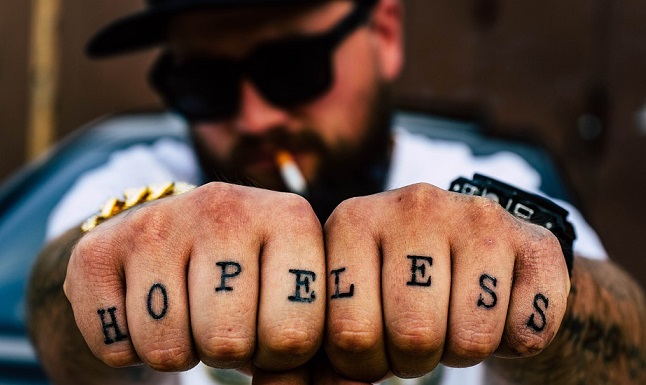This country which is now suffering an assault by criminal gangs that have subjected it to horrors, was a peaceful and beautiful country until recently. Today, it is being bled to death by violence, organised crime and drug trafficking. As a matter of fact, beyond poverty and unemployment, the most serious problem this South American country has is insecurity.
 Aminta Buenaño
Aminta Buenaño
Today, there is no-one to be saved in Ecuador. Nor are there walled citadels inside golden bubbles nor cracked and ugly popular neighbourhoods; we are afraid, living permanently in fear, in an environment tense with panic.
Stress, fear, and the barrage of news filled with blood and violence floods our nervous system with adrenaline and, even worse, what most aggravates this situation is that we have no benchmark, no antidote against terror. We have always been peaceful; the unstoppable and unsustainable violence that we are experiencing did not exist until recently. We used to listen to what was happening in Colombia in the 1980s with Pablo Escobar’s crimes and it just seemed like material for a grisly novel or a good drama with violence and terror. What was happening in Peru with Sendero Luminoso seemed very far away from us. What happened in the northern states of Mexico with women and drug dealers was the stuff of fantasy and movies.
Suddenly, we were living all of that at once. We felt like we had no state, we had no nation, sovereignty, government or police. Nobody cared for us, nobody protected us, we were defenceless.
 The mafia is embedded in the upper echelons of power. With its powerful tentacles, it infiltrates the government, police, army, judicial system and more. Surrounded by fear, we do not know who is who.
The mafia is embedded in the upper echelons of power. With its powerful tentacles, it infiltrates the government, police, army, judicial system and more. Surrounded by fear, we do not know who is who.
There has not been one day without murders, assassinations, kidnappings, extortions, horrendous crimes with collateral damage, brazen robberies in broad daylight and under the very noses of those who are obligated to protect us. Horror has reached the point where authority figures and mayors are shamelessly murdered and, at present, we have experienced the macabre murder of a presidential candidate for sinister political purposes.
Start of the violence
Everything started with the story of a betrayal.
The great political and moral betrayal of former president Lenin Moreno. He was a nobody, with no more charisma than his disability and his malicious smile until Correa’s undeniable leadership raised him up to become vice president and then president. He could not have inspired even one vote by himself from the crowd that saw in him a follower of the social policies that Rafael Correa’s progressive government had implemented.

Correa was the president who, in an unstable country with turbulent political periods (Ecuador had seven presidents between 1997 and 2007), ruled for ten years with popular support and strengthened and stabilised a nation whose state structures were fragile and weak.
Lenin is considered by many to be the Trojan horse, the Pandora’s box that brought all the calamities to a defenceless and naive country that believed in him. He delivered his government into the hands of shady groups who co-governed and made gangs their surest loot. He forgave millions in debt to big business owners, increased gasoline which had been stable for ten years, persecuted the colleagues who had brought him to power; apprehended the constitutional vice-president of Ecuador, Jorge Glas, with no evidence of crime, today his innocence is internationally renowned; he destroyed his own political party and mercilessly persecuted his mentor through lawfare.
The idea was to demonise the figure of Correa, with the consent of some media outlets, and try to make the word Correism synonymous with crime and shame; to persecute the main progressive leader with the ridiculous sentence of being involved in crime through “psychological influence” and, furthermore, forcing dozens of his co-ideologists to flee the country in the face of infamous persecution in an on-demand justice system.
 Lenin destroyed his predecessor’s security system and eliminated the Ministry of Justice in 2018 which controlled the jails, compromising the prison budget which went from $163 million in 2017 to barely $90 million in 2020.
Lenin destroyed his predecessor’s security system and eliminated the Ministry of Justice in 2018 which controlled the jails, compromising the prison budget which went from $163 million in 2017 to barely $90 million in 2020.
Once the institutions in charge of the country’s security, ministries, budget cuts and absence of fiscal security policy were eliminated, the country was violently assaulted in a way never seen before by drug cartels, organised crime and gangs.
And these have increased uncontrollably during President Guillermo Lasso’s term which today continues unscathed in its golden bubble, responding with useless and repeated states of emergency that have not produced any results and with touching condolences to the families of those murdered.
The prison crisis exploded in 2021 and it has done nothing but grow since then, numbering more than 480 brutally murdered prisoners from 2020 to now, as the mafias control the prisons and exert their criminal shadow; spilling blood, violence and pain over the streets of the country.
 Lenin, who abandoned and destroyed the State’s social architecture and governed alongside the losing candidate, fell to his knees before the banks and the International Monetary Fund. Currently, he is being prosecuted by the very district attorney that supported him in a serious case of presidential corruption that affects his family, called the INA Papers.
Lenin, who abandoned and destroyed the State’s social architecture and governed alongside the losing candidate, fell to his knees before the banks and the International Monetary Fund. Currently, he is being prosecuted by the very district attorney that supported him in a serious case of presidential corruption that affects his family, called the INA Papers.
Lasso’s Government
Lasso’s government maintained and radicalised the policies of its predecessor, standing out for failing to comply with all its campaign promises such as not raising taxes on Ecuadorians. He impoverished citizens with his fiscal policies. He governed by heaping favour on banks and private groups. He exacerbated the brutal security crisis by not manifesting political and economic will to confront it, maintained the lack of basic equipment for the police who are in need of fundamental resources to fight criminals, and his government is involved in a wave of public corruption, like the Pandora Papers case, León de Troya and The Great Godfather, which reaches nearby and family sectors of his government.
 This is evidenced in audio clips published by journalists who have received death threats and who hold the current president responsible for their lives.
This is evidenced in audio clips published by journalists who have received death threats and who hold the current president responsible for their lives.
During his government, between 2021 and 2022, violent deaths increased by 82% compared to 2021. The country ended 2022 with its worst record in the annals of crime. The statistics showed 4,603 tragic deaths, which means a rate of 25 cases per 100,000 inhabitants.
(Translated by Donna Davison – Email: donna_davison@hotmail.com) – Photos: Pixabay












.jpg)












